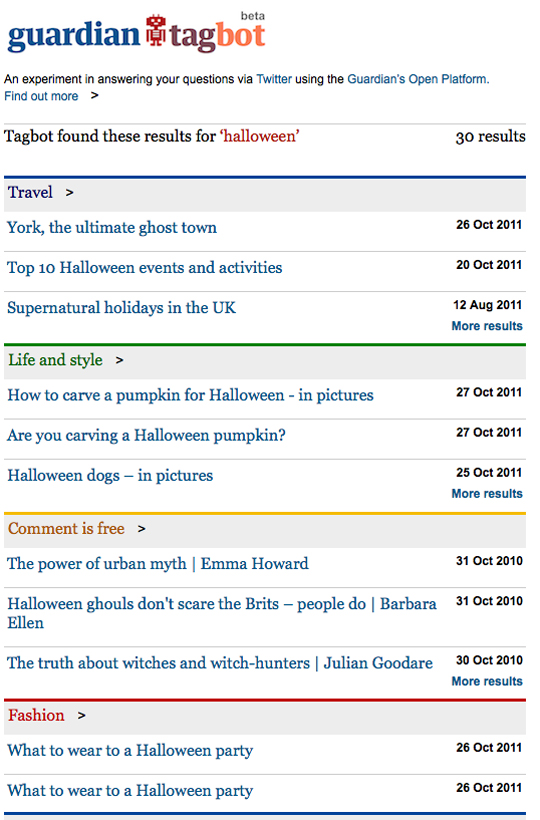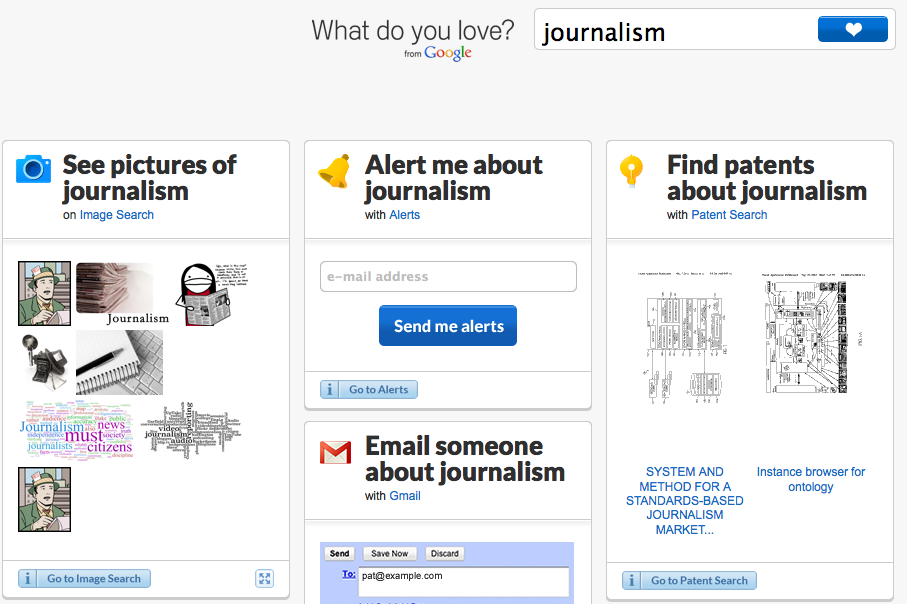The relationship between Google and news publishers returned to the spotlight today as the search engine’s vice president for Northern and Central Europe Philipp Schindler made his keynote speech at the World Editors Forum in Hamburg.
When asked if news publishers ‘produce the eggs’ while Google ‘eats the omelette’, Schindler argued that there was a “fundamental misunderstanding” about Google’s role in the new media environment.
I do not believe at all we are eating your omelette in any way. Google sends four billion people a month to our partners. This is of significant value. We’re paying out 1.7 billion dollars a quarter to our partners.
For years Google has had a close relationship with publishers and we then later we went on to buy companies to develop products to help publishers monetise better. We helped support them through a transition process. This process was not triggered or really accelerated by Google. There is a fundamental misunderstanding that what we are seeing today was caused by Google. It was a consumer trend.
Part of the challenge is coming from technology and this is also being faced by Google, sometimes people think we are immune to it but they are wrong. The path for us is that we should play the role of a technology partner, we should support the newspaper industry in developing platforms that help them to be successful based on those technology and consumer trends we are seeing.
But this is likely to be far from the final world on this at the World Editors Forum this week as a workshop scheduled for Friday will also look at how news publishers and Google can co-operate.
Also in Schindler’s keynote speech he outlined what he sees as the biggest current trends impacting on the publishing industry, focusing on mobile technologies which he said we still widely underestimate the power of.
The mobile revolution is an unbelievably big and powerful trend. This is in no way going to go away. I believe that we are underestimating the size of the trend.
Google, he added, is now a “mobile first company” with its top engineers busy working on finding the best in mobile.
Other important trends he highlighted include what he perceives as a “fundamental shift” towards richer media, with the increasing use of visualisations, personalisation and “a higher level of smartness”.
He added that news publishers could learn a lot from the gaming industry, indicating that the use of personalisation and rich audio/visual products will be key to the successful development of online publishing.
Finally, he put forward a trend of the future, using the increasing availability of mobile connectivity to improve the ease of translating news and building worldwide audiences.
Imagine a world where anybody can access any information in any language he wants, where you can use mobile phones to automatically translate a conversation between people for example.
Your audience could become truly global. Suddenly your niche is becoming pretty big. It’s going to take a few years before it’s at a point where it is seamless, but don’t bet against this one.




